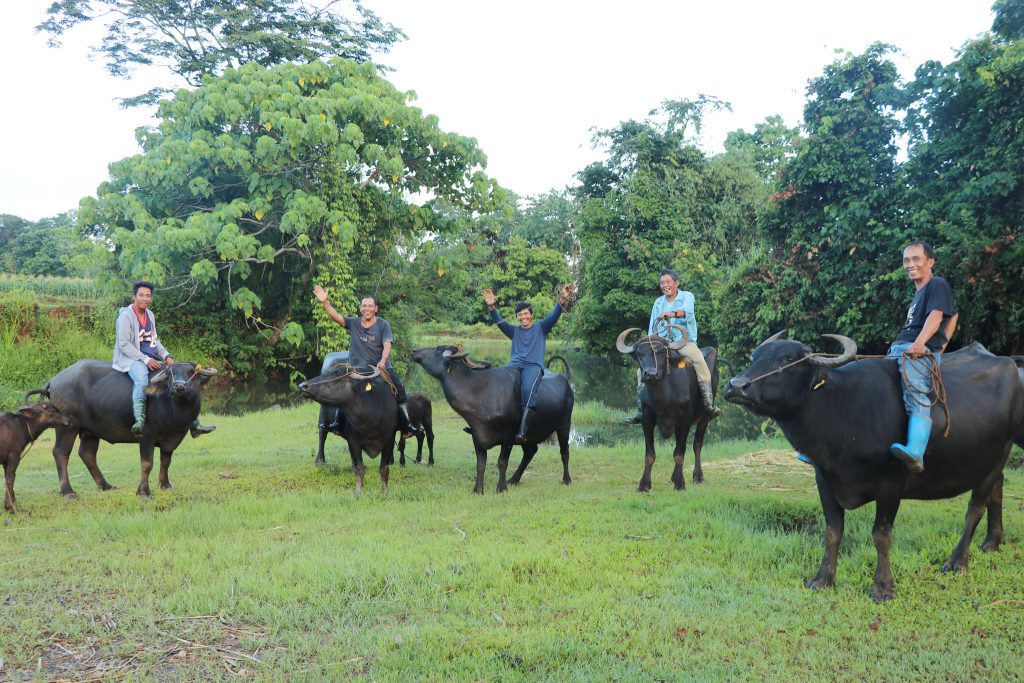The Department of Agriculture-Philippine Carabao Center’s (DA-PCC) Dairy Herd Buildup Program (DHBP) is set to revolutionize the local dairy industry, ushering in a new era of increased local dairy stocks and milk production.
In 2021, the Philippine Statistics Authority (PSA) reported an estimate of 2.82 million carabaos in the country, with only 17,907 listed as dairy buffaloes. This glaring statistic indicates that a significant portion of crossbred animals remains underutilized, primarily employed for purposes other than dairy production, such as meat and draft. According to the DA-PCC, crossbred animals realize their maximum milk production potential when their Riverine blood composition reaches at least 87.3%. Regrettably, many farmers with 50:50 crossbreds opt to sell their livestock for quick gains rather than pursuing further crossbreeding to boost milk output.
In response to this challenge, the Senate Committee on Agriculture, Food, and Agrarian Reform, under the dedicated leadership of Senator Cynthia A. Villar, has generously funded the DHBP. This initiative includes the acquisition of an initial batch of 3,000 crossbred carabaos.
The procured crossbred herd will be carefully raised, both at the institutional farm of the DA-PCC and in collaboration with qualified agistment farmers (agistors). In this scheme, landowners allow the keeping and feeding of another person’s livestock for a specified rate.
To enhance genetic merit, the crossbred buffaloes will be backcrossed with the Riverine breed using the highest-quality semen available from the DA-PCC semen bank. Advanced reproductive biotechnologies, including naturally estrus animals, enhanced AI, and fixed time AI (FTAI), will be employed to produce animals with a minimum of 87.3% Riverine blood composition, positioning them to rival purebreds in milk performance.
The pregnant and bred animals will subsequently be distributed to carabao raisers, particularly within designated Carabao-based Business Improvement Network (CBIN) areas.
The DA-PCC at Cagayan State University (DA-PCC at CSU) has recently received the first 100 crossbred buffaloes.
To ensure the program’s sustainability, DA-PCC is intensifying its efforts by training additional village-based and LGU AI technicians, aiming to double the existing AI output from 90,000 to 180,000 services until 2025. This expansion will accelerate calf production.
The program also involves establishing pasture areas and cultivating at least 400 hectares of forage, ensuring a consistent supply of fodder for both confined feeding (cut and carry) and grazing within farmers’ cooperatives and organizations.
Additionally, support for zero waste management initiatives, promotion of sustainable milk production, distribution of milk products in rural areas, and the implementation of a digitized Carabao Crossbred Registry and feedback system are key components of the program’s comprehensive approach.

